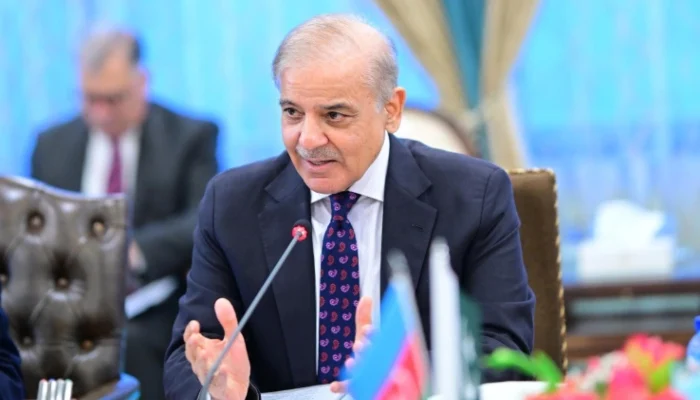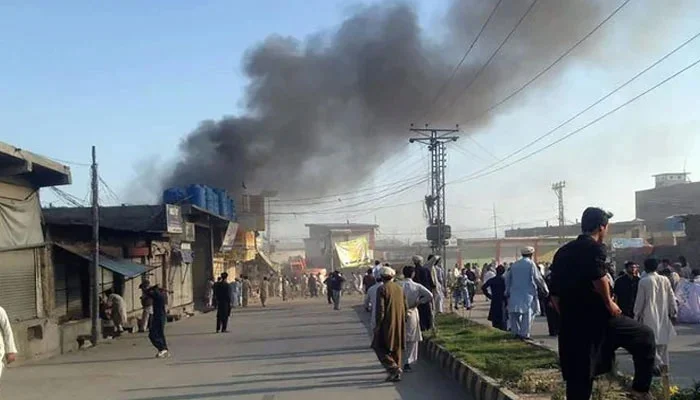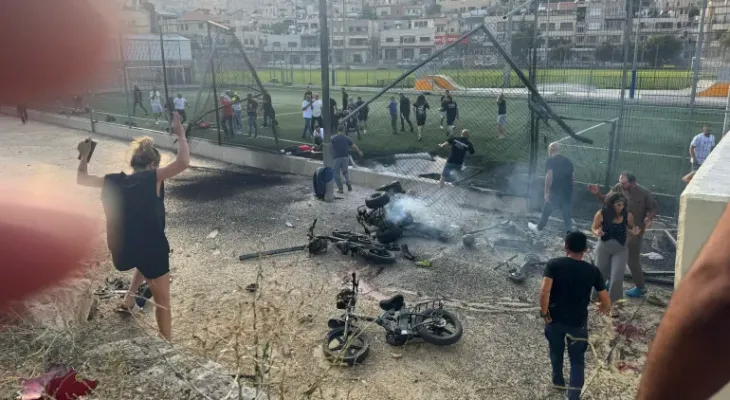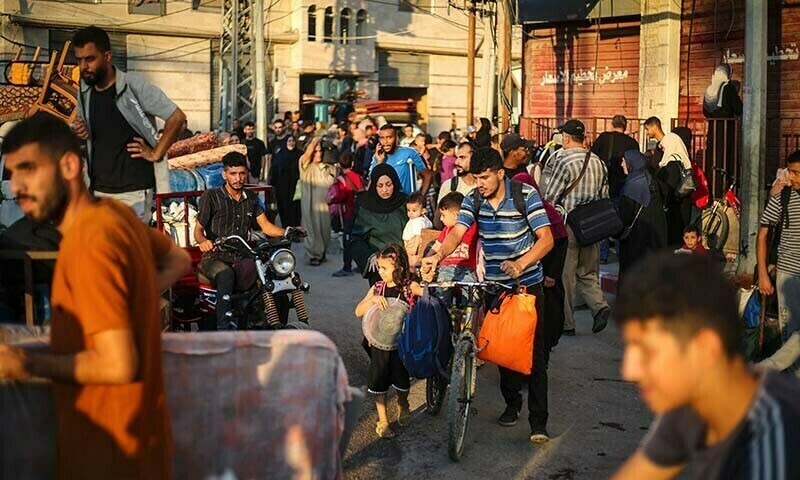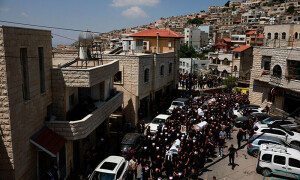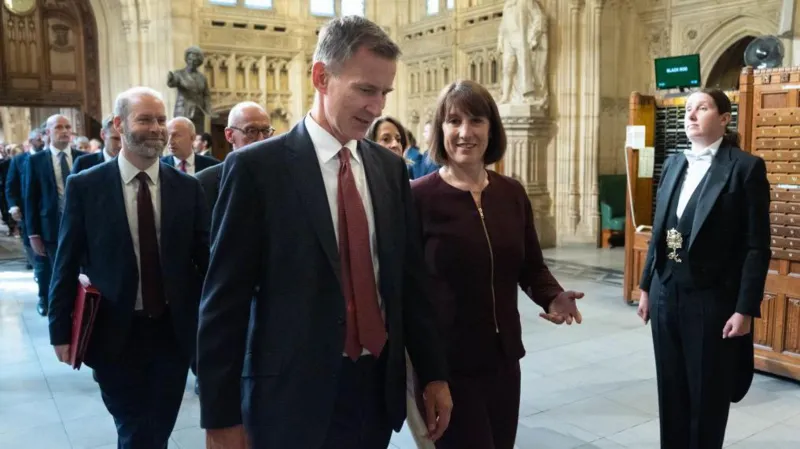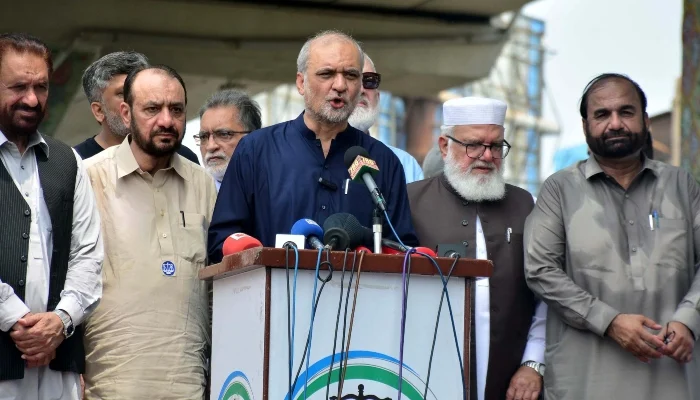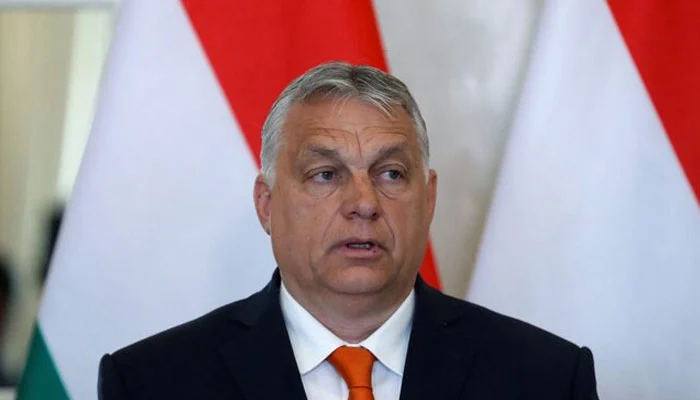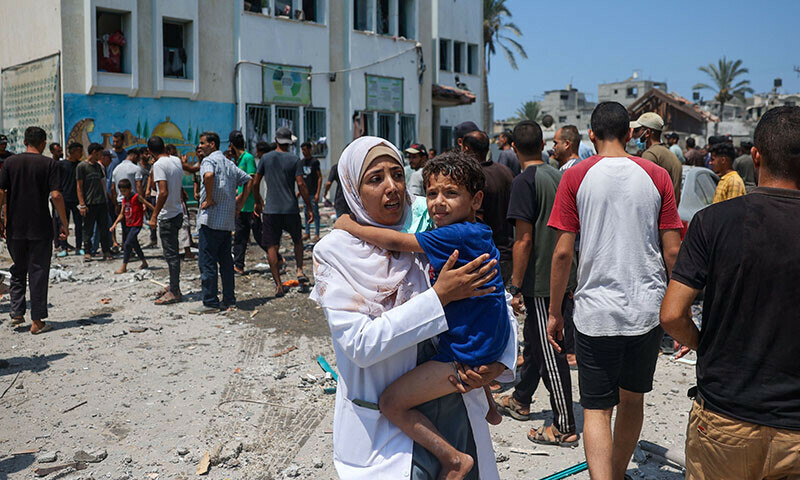ISLAMABAD: Announcing a nationwide campaign to eradicate the disease, Prime Minister Shehbaz Sharif on Sunday called for united efforts to raise awareness and work towards a hepatitis-free future, as the international community observed World Hepatitis Day.
“I am pleased to announce a nationwide campaign aimed at eradicating Hepatitis C. As a part of this noble endeavour, our focus will be on decentralising testing and treatment centres, ensuring that the services provided are tailored to the needs of our citizens, in alignment with the global strategy,” PM Shehbaz said.
The prime minister reassured that every citizen would have free access to screening and treatment facilities for Hepatitis C.
Meanwhile, the World Hepatitis Day is being observed worldwide today with the theme ‘It’s Time for Action’.
The theme highlights the urgent need for swift and decisive measures to tackle hepatitis on a global scale.
This call to action is reinforced by the alarming statistic that in every 30 seconds someone dies of a hepatitis-related illness globally, as per the World Health Organisation.
On this day, the prime minister said, let us stand united in our efforts to raise awareness, support those affected by viral hepatitis, and work towards a future free from the burden of this disease.
“Together, we can make a difference and build a healthier and more prosperous nation,” he said in his message to the nation.
He said the day was dedicated to raising awareness about hepatitis and its impact on individuals and communities worldwide.
Shehbaz said this year’s theme was a reminder for urgent actions to prevent, diagnose and treat hepatitis and emphasised necessary actions to help eliminate the disease and ensure a healthier future for all.
He said that hepatitis was a silent epidemic that affected millions of people around the world, causing liver inflammation and potentially leading to severe complications if left untreated.
“Pakistan has a very high burden of Hepatitis C infection, having 10 million infected cases, out of 60 million hepatitis C cases globally. Our country is facing an epidemic of Hepatitis C and it is feared that we may also see an epidemic of liver cancer, if necessary actions to prevent and eliminate viral Hepatitis are not taken,” he warned.
The prime minister highlighted that the country had made significant progress in combating viral hepatitis through awareness campaigns, vaccination programs, and improved access to testing and treatment. “However, there is still much work to be done. We must continue to prioritise hepatitis prevention, ensure early diagnosis, and provide affordable and accessible treatment options for all,” he added.
PM Shehbaz said that the government stood firm in its dedication to overcome the challenges posed by hepatitis.
He recalled that during his tenure as Punjab chief minister, the Pakistan Kidney & Liver Transplant Institute project, a milestone in the provision of state-of-the-art medical facilities to kidney and liver patients was established along with modern Hepatitis Filter Clinics that were set up in all the 36 districts of Punjab.
“We have done it before and we will do it again. The core objective remains to uplift the health and well-being of those afflicted with HCV, while simultaneously reducing the detrimental impact it has on work productivity, preventing liver cancer, and averting premature death,” he added.


